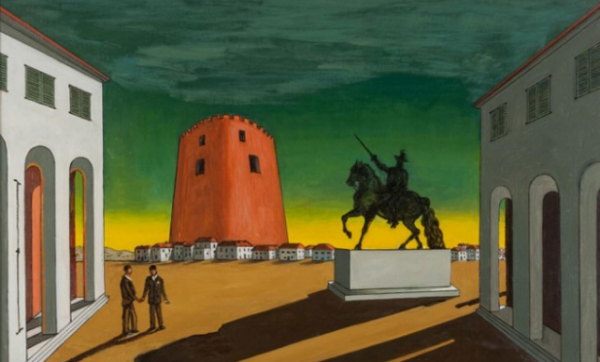Everyone should be surrounded by books, although, for some of us, our love of books may border on obsession. Regardless, here is an overview of my personal library classification system.
This post has been updated since its original publication in 2017. Since then, I have earned my PhD in history and reorganized my personal library. Because I work from home, my library must be functional from a research perspective. Every book (and movie and record, for that matter) in my library is cataloged digitally through Libib. To see the books I have read (not including children’s books), visit my Goodreads page. I read a minimum of 50 books per year. Below is my revised library organization system.
The main updates from the previous system:
- Philosophy no longer has its own section. Rather, these books are now blended in with the larger fields. For example, logic is now housed with mathematics; philosophy of science is now in the science section; political philosophy is now in the politics section. And so on.
- Religion no longer has its own section. Rather, these books are now absorbed into the anthropology section alongside mythology and folklore. Philosophy of religion and metaphysics are near these now as well.
- Music and film now have their own sections outside of art proper.
- Law has now been expanded to include books on the history of policing, criminal justice, mass incarceration, and so on.
History
The history section begins with general world history and then expands into various regions, which are organized chronologically. It starts in the ancient period, moves on to the medieval era, and then moves into modernity. American history constitutes its own section, which starts with early indigenous cultures and proceeds chronologically through the twentieth century. Biographies of major historical figures are wedged into the most relevant section.
Science
The science section begins with the origins of the universe and world histories of science and technology. From cosmology, it moves on to astronomy, geology, physics, chemistry, and biology. The science section also includes philosophy of science, as well as mathematics, starting with formal logic, and then the section ends with computer science and modern engineering and technology.
Art
The art section begins with general art histories, moves on to art criticism and theory, and then moves on to art movements in chronological order. This includes arts beyond painting and sculpture, such as theater and dance. Key artists are placed within the context of whichever movement they are most known for. This section also contains general cultural histories and general humanities texts.
Music
The music section begins with music theory, moves on to world music, and then into histories of classical music. It then proceeds chronologically through twentieth-century popular music, beginning with blues and jazz, then onto rock and hip hop, including their various subgenres. Sheet music is organized chronologically.
Film
The film section begins with general film histories and world history, as well as encyclopedic reference books on movies. Then it proceeds with various film movements in chronological order. Books about filmmakers are wedged in with the main movements they are associated with.
Literature
All fiction literature is organized chronologically. This section includes novels, poems, and plays, but not non-fiction essays or memoirs, with some exceptions when a book is treated more like a novel in popular culture. It begins with anthologies, then moves on to ancient literature, then the medieval period, and then ends with literature from the twenty-first century. This section does not include children’s literature, with some exceptions, as those are housed elsewhere.
Anthropology
The anthropology section is near the literature section because it houses a variety of related materials. Literary criticism and cultural theory are closely connected, so they are near each other. Then the section moves into more anthropological themes, such as mythology, folklore, and religion, including primary religious texts. Historiography is housed here as well since it is related to these other branches.
Sociology
The sociology section is near the anthropology section because there are many overlapping themes. This section covers a lot of topics in sociology, such as studies in race, gender, class, and generations. This section also includes social philosophy, linguistics, epistemology, psychology, and feminist studies.
Politics
The politics section begins with political philosophy and ethics, and then moves on to include economics and Marxism. This section moves on to include primary source political texts, and then books about contemporary politics and current affairs, which also includes books about global politics, economics, and foreign policy.
Law
The law section includes law books and anthologies, as well as books related to legal theory, criminal justice, policing, mass incarceration, the Supreme Court, the Constitution, and specific legal issues.
Entertainment
The entertainment section is a bit hodgepodge. It contains children’s books, humor books, comics, and graphic novels. It also contains books about games, etiquette, recipes, and instructional manuals.

